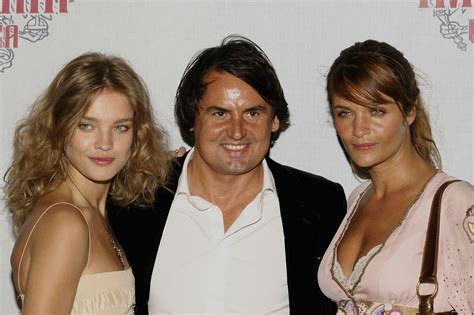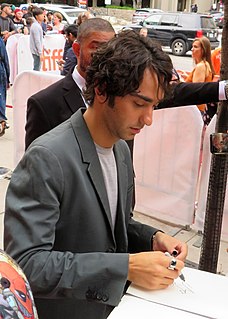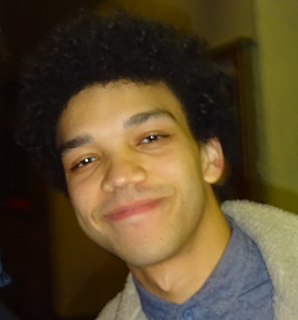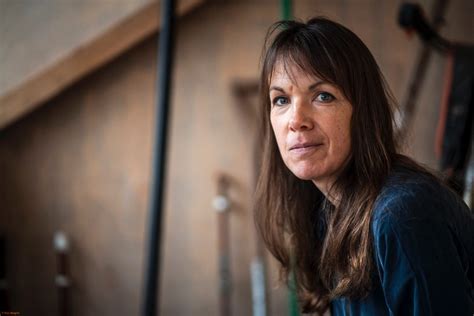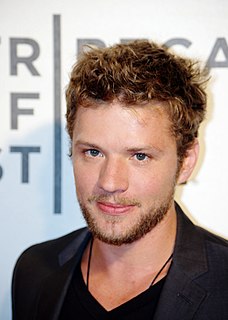A Quote by Richard Grenell
Between 1961 and 1982, 'The Catcher in the Rye' was the most censored book in high schools and libraries in the United States. But all the talk about banning it made me rush out to find it.
Related Quotes
The trouble is that Millennials and many recent products of the public schools believe that America was made great, if they're even taught that it's great, if they're taught that it's great, you know what they're told is the reason? Diversity. There's diversity all over the world. You can go to places where there is diversity out the wazoo, folks. You can go to places all over the place world and you can find the most diversity, you can find perfect diversity, however you find it. You will not find a United States.

